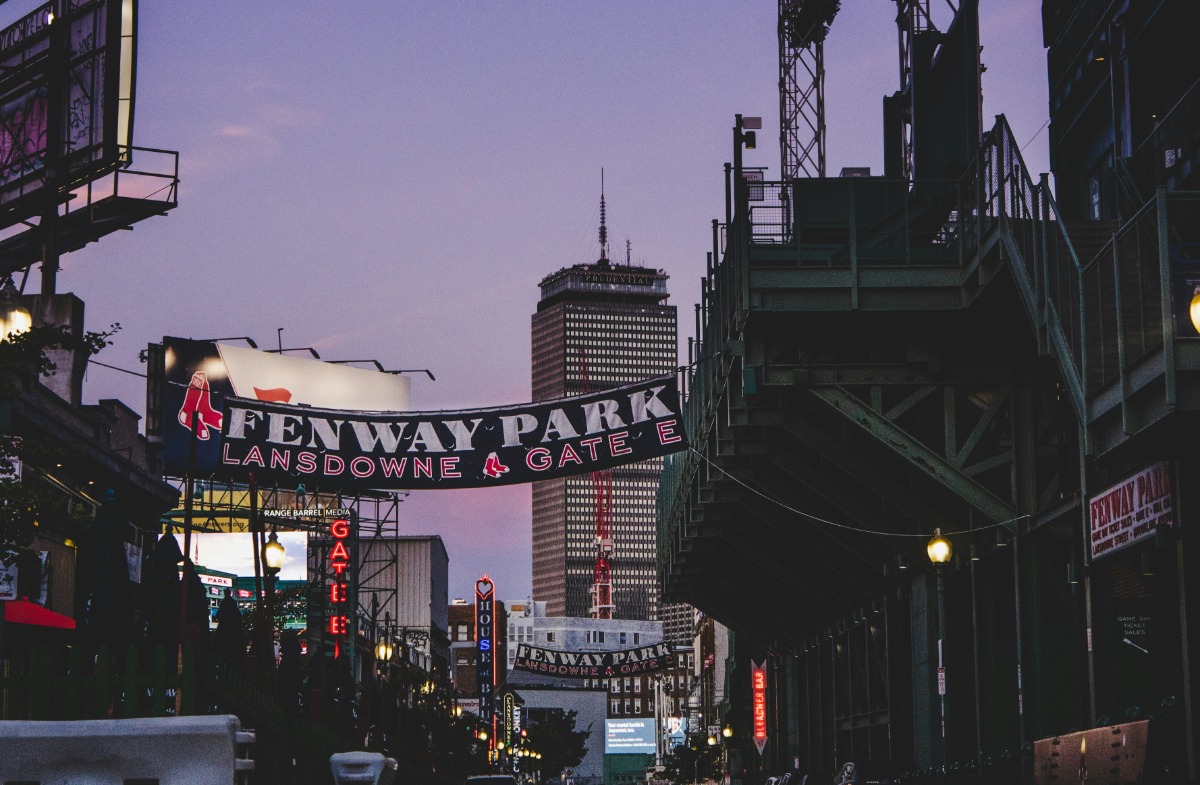The biggest news that came out of the Massachusetts Gaming Commission’s (MGC) roundtable on limiting players Tuesday (21 May) was what wasn’t said. And who wasn’t there. Every live operator in state declined to participate.
As the MGC begins to learn about why and how operators set bet limits on players, the only operator representative was Justin Black of Bally’s Interactive. That platform is licensed, but not live in the state.
BetMGM, Caesars Sportsbook, DraftKings, ESPN Bet, Fanatics Betting & Gaming and FanDuel requested executive session for the roundtable. The Massachusetts regulator declined. Most operators cited confidentiality concerns, and were ultimately left out of the conversation.
Commissioners didn’t hide their disappointment and anger. Interim Chair Jordan Maynard said that the Massachusetts regulator is required by an open-meeting law to have discussion in public, and that is sometimes “uncomfortable.” He also said that integrity and transparency are of paramount importance.
Commissioner Brad Hill was more direct.
“I’ll go so far as to say anger that I have today for not being able to get more information that I thought we would be able to get to start this conversation,” Hill said. “Although it was started today, it didn’t give us the starting point that I had hoped we would get.”
PG/RG sometimes used as cover to restrict players
Massachusetts is the first state in which the issue of regulating betting limits has been discussed. Forty-one US states and jurisdictions offer legal, live sports betting.
The Massachusetts regulator also heard from professional bettor Jack Andrews, problem and responsible gaming consultant Brianne Doura-Schawohl and consultant Dustin Gouker.
Doura-Schawohl offered up that in Washington, DC, a player was limited and the reason given was responsible gaming concerns. But upon further review, she said, that was just a cover story. She also shared that in Australia, regulators responded to similar concerns by implementing bet minimums.
Andrews shared that on sports betting platforms in Massachusetts, maximum and minimum bets are not posted. And when bettors are limited, they don’t know until they place a bet that is kicked back. Andrews also shared that he was limited by DraftKings in New Jersey within three weeks. He was down $600 at the time.
He later had a chance to talk with DraftKings’ traders, who told Andrews they saw him”taking second-inning lines in baseball, and we knew that anyone betting second-inning lines must know what they are doing, and we didn’t want your action anymore.”
Consumers are angry, too
The roundtable came about after the MGC began hearing from consumers that their accounts were limited after wins. The commission received dozens of letters from players claiming their accounts were limited with no explanation. What commissioners are after, Maynard said, is an understanding about why players are limited and how that information is communicated to them.
If a letter from bettor Dave Connelly is any indication, at least some players are left in the dark. Connelly wrote that he had been limited by four operators in Connecticut, and included a screen shot of a letter he received from Fanatics. “We are not able to provide any additional information about why these changes have been made to your account.”
In letters from consumers in Iowa, Ohio and Virginia, bettors wrote that they were “severely” limited by multiple sportsbooks and were happy that Massachusetts is considering the issue.
Ideas for Massachusetts regulator: new license, lower barriers
Likely the most useful information to come out of the meeting was the suggestion from Andrews and Gouker to find a way to expand the market to smaller, less restrictive operators.
Andrews said that some smaller operators offer fewer markets, higher limits and peer-to-peer or exchange wagering. But those operators are shut out of Massachusetts because the “barriers to entry are very high.” He pointed specifically to the 20% tax rate and high licensing fees.
Gowker suggested the Massachusetts regulator create a second tier of licenses for smaller or unique operators as a solution. The MGC would be unable to create a new kind of license. The state legislature would have to do that.

